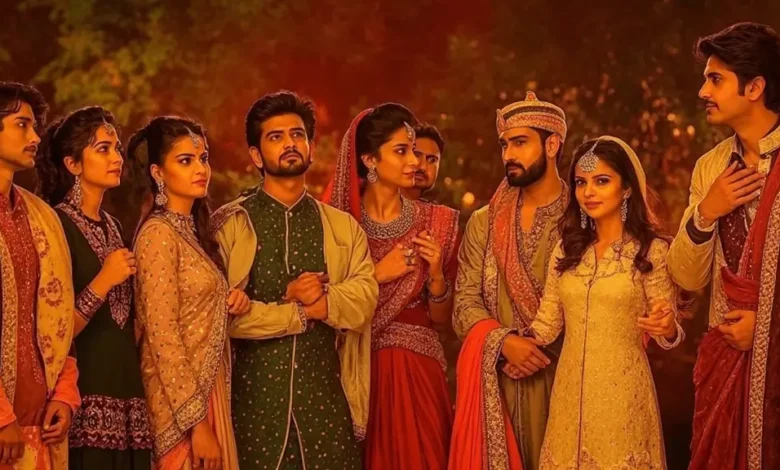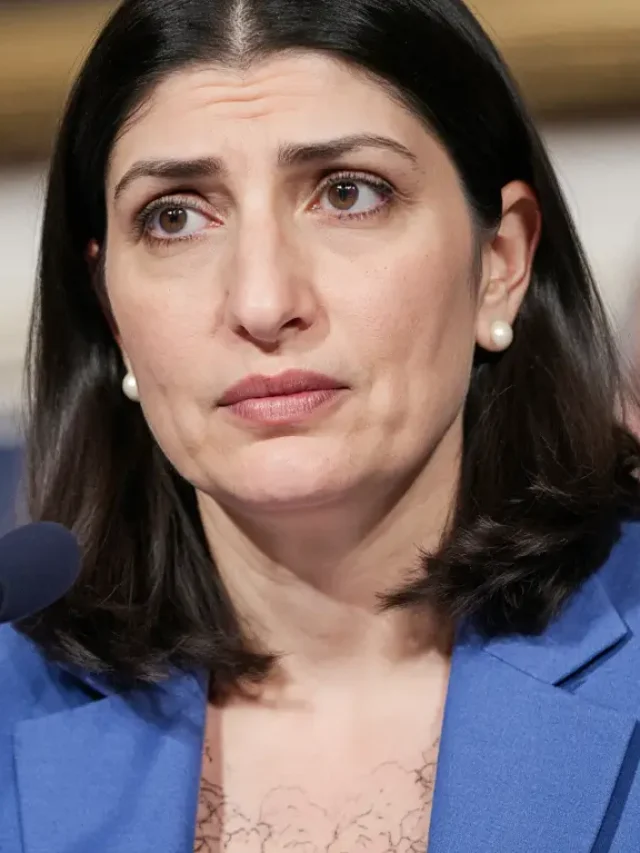Pakistan Idol: The Cultural Phenomenon Captivating Pakistan and the World

Pakistan Idol is reigniting the nation’s love for music and talent shows, drawing audiences from across Pakistan and the global diaspora with its dynamic performances, emotional storytelling, and a renewed focus on discovering authentic voices.
Pakistan Idol and the Revival of National Music Culture
Pakistan Idol has emerged once again as more than just a television program; it’s a cultural celebration. After years of dormancy, the show’s comeback has captured headlines across social media and mainstream outlets. This season is particularly notable because it has embraced not only mainstream pop music but also regional and folk genres, giving artists from Balochistan, Sindh, Punjab, and Khyber Pakhtunkhwa a platform to showcase their roots.
Love, Fame, and Fire: How Stefon Diggs Cardi B Set America’s Pop Culture Ablaze
In a country where music has historically been a unifying force, Pakistan Idol is providing a stage for diversity. Contestants sing in Urdu, Punjabi, Pashto, Sindhi, and even English, bridging generational gaps and presenting Pakistan’s multicultural identity to the world. The show’s producers have strategically leaned into digital platforms, streaming episodes online and encouraging voting via apps and social media—something that has drawn in the younger generation as active participants rather than passive viewers.
Pakistan Idol Contestants Who Are Setting Trends
This season’s contestants have become household names. Performers like Ahsan Jutt, whose soulful renditions of classic ghazals have gone viral, and Zoya Khan, who blends pop vocals with Pashto folk tunes, are trending on TikTok and Instagram Reels. Clips of their performances rack up millions of views overnight, sparking conversations not just about their music but about Pakistan’s cultural soft power.
These rising stars are being courted by record labels, TV talk shows, and even international streaming platforms. The global Pakistani diaspora—especially in the UK, UAE, and North America—has played a big role in amplifying their reach. For the first time, Pakistan Idol feels less like a local competition and more like a global launchpad for Pakistani talent.
Pakistan Idol as a Digital-First Phenomenon
One of the biggest changes this season is its digital-first strategy. Unlike earlier seasons, which relied heavily on TV ratings, the current edition streams full episodes on YouTube and Facebook, with highlights shared widely on Twitter (X) and TikTok. Voting has gone entirely online, enabling millions of Pakistanis abroad to participate in real time.
This approach has transformed Pakistan Idol from a TV show into a nationwide movement. Hashtags like #PakistanIdol and #IdolPakistan2025 trend weekly on social media, and contestants’ fan accounts produce edits, memes, and behind-the-scenes content that build personal connections between performers and audiences.
How Pakistan Idol Is Shaping Pakistan’s Entertainment Future
Pakistan Idol is also sparking conversations about the country’s broader entertainment industry. Music producers and TV executives see the show as a blueprint for developing homegrown talent, while fans view it as a platform that brings fresh energy to an industry often criticized for relying on nostalgia.
The show’s judges—renowned musicians and producers—are mentoring contestants in vocal techniques, branding, and stagecraft, preparing them for global careers. This mentorship model is positioning Pakistan Idol as not just a competition but a training ground for the next generation of stars.
International Attention and Cultural Diplomacy
What’s striking about Pakistan Idol’s return is how it has attracted global media attention. Publications in the Middle East, the UK, and the US have begun to feature the show’s standout performers, framing it as part of Pakistan’s growing creative economy. By celebrating diverse voices and modernizing its production, the show is becoming a form of cultural diplomacy, presenting Pakistan as a hub of talent and innovation.
This international recognition matters because it softens stereotypes and showcases the country’s artistic richness. For Pakistanis abroad, Pakistan Idol has become a weekly ritual—a reminder of home and a source of pride.
Challenges and Criticism
No revival comes without challenges. Some critics argue that the show should offer more transparency in its voting process or better support for contestants after the competition ends. Others have called for more representation of classical music to preserve traditional forms. However, the producers seem to be listening, incorporating feedback from fans to keep the format fresh and relevant.
The Future of Pakistan Idol: Beyond TV Screens
Looking ahead, Pakistan Idol’s producers are hinting at expanding the brand beyond television. Talks of national tours, branded concerts, and collaborations with international artists are already in progress. If these plans materialize, Pakistan Idol could become South Asia’s premier talent incubator, rivaling even Indian Idol in scale and influence.
FAQs About Pakistan Idol
Q1: What makes this season of Pakistan Idol different from previous ones?
This season embraces digital-first strategies, regional diversity, and a stronger focus on mentorship, making it more inclusive and globally accessible.
Q2: How can international audiences watch Pakistan Idol?
Episodes are streamed on YouTube and Facebook, and highlight clips go viral on TikTok and Twitter, making it easy for the global diaspora to tune in.
Q3: Who are some of the breakout stars this season?
Contestants like Ahsan Jutt and Zoya Khan are leading trends with their viral performances blending modern and traditional music styles.
Q4: What impact is Pakistan Idol having on Pakistan’s entertainment industry?
It’s setting a new standard for talent discovery, digital engagement, and global outreach, making it a model for future shows.
Discover more from Feenanoor
Subscribe to get the latest posts sent to your email.











